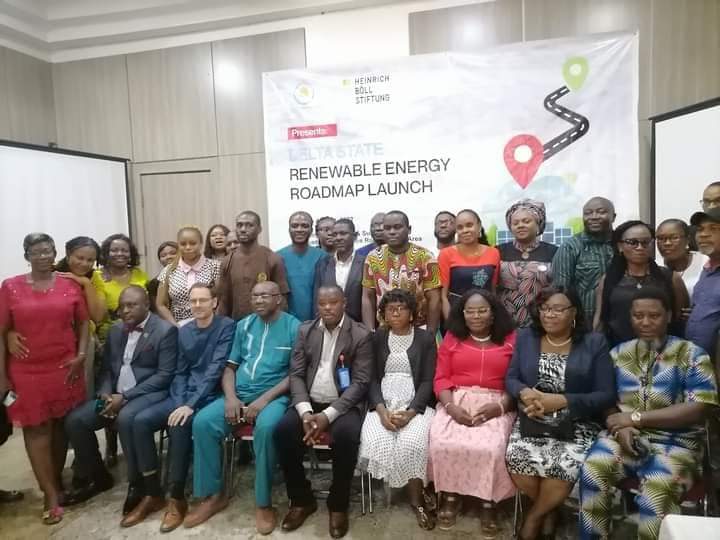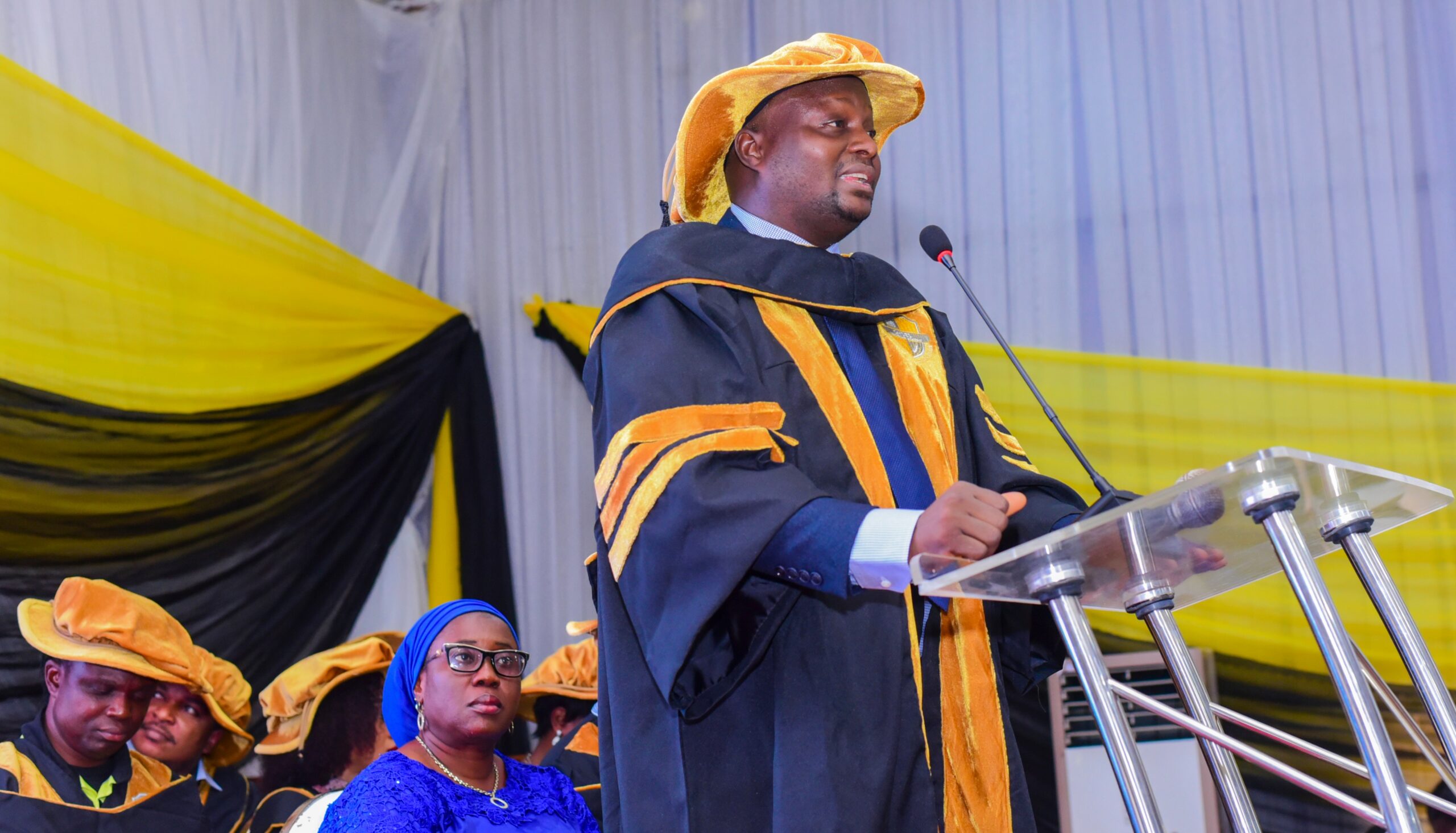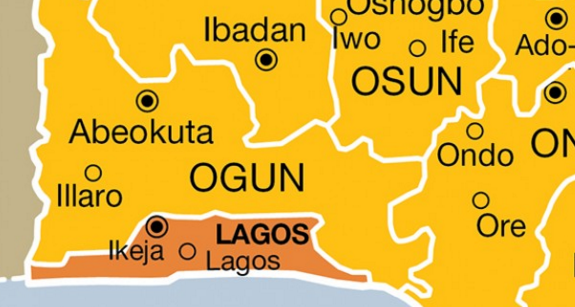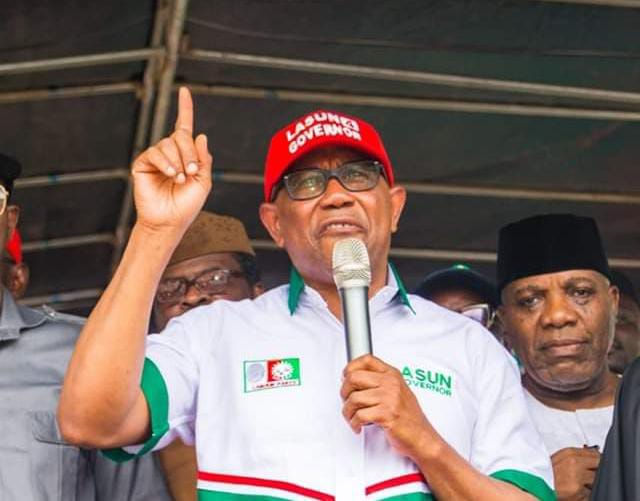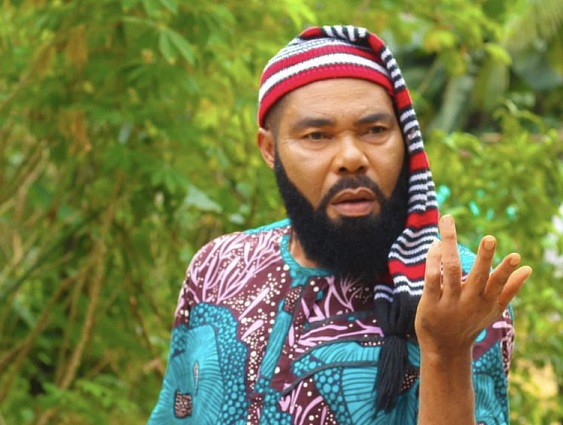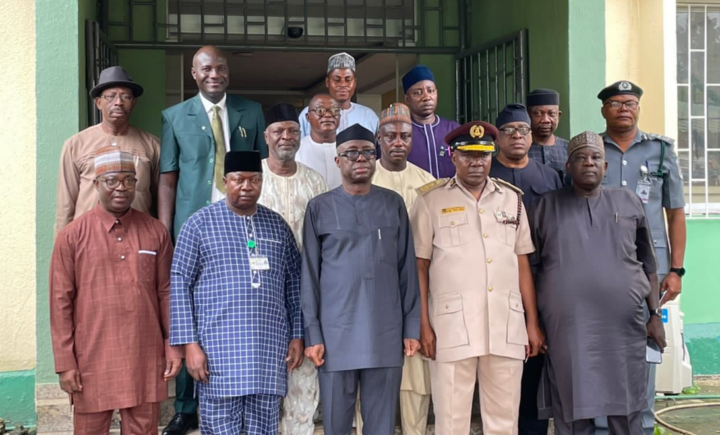The Delta government, in collaboration with Clean Technology Hub and Heinrich Boll Stiftung Foundation, has launched the 2023-2028 renewable energy policy roadmap of the state.
Speaking on Tuesday at the unveiling ceremony in Asaba, the Delta capital, Godspower Asiuwhu, commissioner for environment, said the state is vulnerable to climate change due to oil and gas extraction and combustion.
He said there is a need for transition from a fossil fued-based economy to a more diversified one in which renewable and clean energy play a major role.
He added that this would help improve electrification and replace existing sources of energy that are not climate-friendly in the state.
Advertisement
“It is estimated that Delta state has an annual average solar radiance of 4.53 kilowatts per hour, which is the highest in the south-south region,” Asiuwhu said.
“Solar Photovoltaics (PVs) can produce 683.8 megawatts per hour in the state. There is therefore good potential for solar-based renewable energy solution in Delta.”
Blessing Edewor, the permanent secretary, ministry of power and energy, said the launch of the policy roadmap would serve as a blueprint to achieve the state’s vision on universal access to electricity, climate change resilience and economic growth.
Advertisement
“On this note, I want to salute the courage and determination of these tireless facilitators, Clean Tech Technology and the sponsor, Heinrich Boll Stiftung Foundation, for this initiative. And for also giving Delta state a special place as a pioneer,” Edewor said.
Jochen Luckscheiter, the country director of Heinrich Boll Foundation, Nigeria office, Abuja, said the country’s renewable energy potential will not develop to full capacity if the sub-national spheres of government don’t start playing significant roles in the roll-out of renewable energy.
“The potential of renewable energy does not only lie in the provision of more kilowatt per hour of electricity to the people of Nigeria, but its decentralised character also likewise offers the potential to decentralise and therefore democratise energy governance,” he said.
“Renewable energy equally does allow communities, municipalities and state governments to establish and run their own power projects or help facilitate the requisite investments.
Advertisement
“As the world will gradually but surely move away from fossil fuels over the next couple of decades, it is of utmost importance for Delta to start thinking of a future beyond oil and gas today.
“An ambitious roll-out of renewable energy could help Delta to create jobs, diversify its economy away from oil and explore the potential of producing and exporting green hydrogen.”
